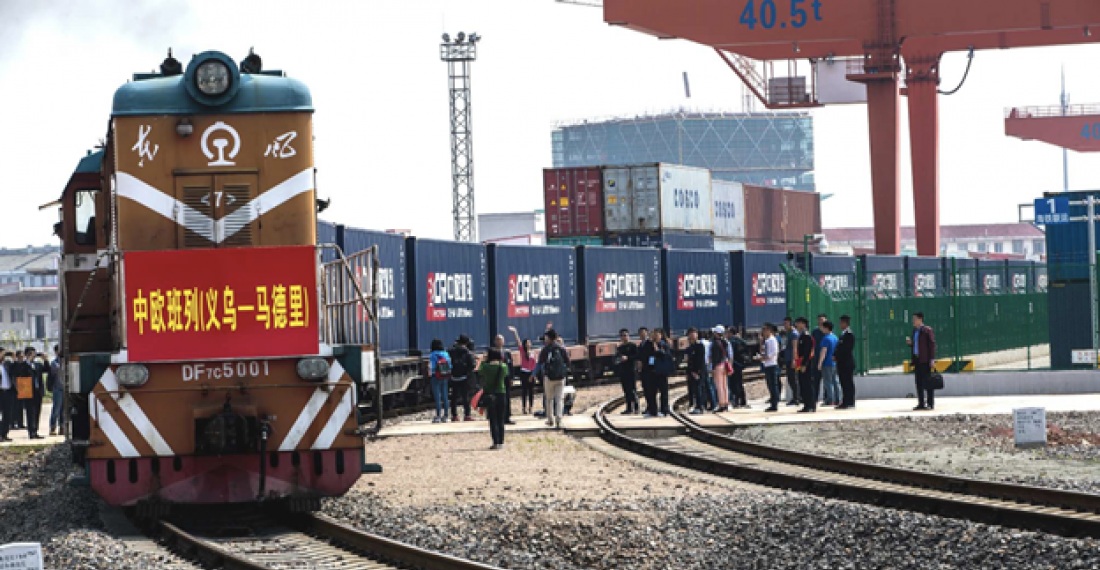China is having to weigh up the economic and political consequences of its “no limits” relationship with Russia as the conflict in Ukraine continues. Ukraine called for some Chinese companies to stop exports to Russia and China faces complications to its flagship “silk road” project.
The Ukrainian vice prime minister wrote to Chinese drone company DJI asking it “to stop doing business with the Russian Federation until the Russian aggression in Ukraine is fully stopped,” saying that Russia is “using DJI products in Ukraine in order to navigate their missile[s] to kill civilians”. Western companies have been quick to suspend operations in Russia, however, Chinese companies are taking a different tack. DJI responded to Ukraine’s claims by denying their products’ had any military capacity. In a tweet posted by the company, they said “all DJI products are designed for civilian use and do not meet military specifications”.
Chinese companies are being severely hurt by Russian actions in Ukraine, with widespread international sanctions hitting exporters hard. A survey of over 300 exporters conducted by FOB Shanghai reported that 39% of firms said the war is undermining their business in Russia.
Similar problems are occurring in the Chinese import industry. Due to the West’s decision to remove Russia from SWIFT, a global financial messaging system, companies are finding it difficult to process payments from Russian firms. A coal trading company in the north-eastern city of Dalian cancelled an order from Russia and its owner said, “There is too much risk trading with Russia.” However, other companies are continuing to trade with Russia. Xibao Metallurgy Materials Group signed a deal to build a new plant in western Russia and a state-owned commodity trader has bought over 50,000 tonnes of coal since the war began.
The Chinese Silk Road Rail Corridor is facing disruptions as German companies respond to sanctions imposed on Russia by Berlin and Brussels. The project is central to the Belt and Road Initiative, Beijing’s landmark scheme to enhance Chinese global economic and political power. Last week, DB Schenker, a logistics provider, announced that it was temporarily suspending “all shipments to and from Russia with immediate effect.” Hapag-Lloyd, another German logistics provider, and the inland port of Duisburg, key for the rail corridor, said the same, noting that insurance companies will likely stop offering coverage for those shipments crossing Russia. Beijing’s balancing act between its “no limits” relationship with Russia and the geopolitical consequences of its actions in Ukraine is thus coming under increasing strain.







